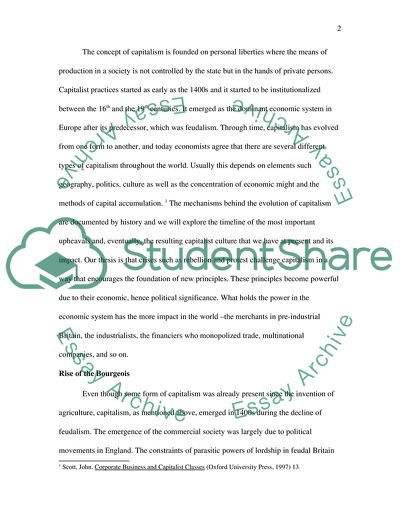Cite this document
(Capitalism: Economic and Social Change in Europe Case Study, n.d.)
Capitalism: Economic and Social Change in Europe Case Study. Retrieved from https://studentshare.org/macro-microeconomics/1706455-ecological-footprints
Capitalism: Economic and Social Change in Europe Case Study. Retrieved from https://studentshare.org/macro-microeconomics/1706455-ecological-footprints
(Capitalism: Economic and Social Change in Europe Case Study)
Capitalism: Economic and Social Change in Europe Case Study. https://studentshare.org/macro-microeconomics/1706455-ecological-footprints.
Capitalism: Economic and Social Change in Europe Case Study. https://studentshare.org/macro-microeconomics/1706455-ecological-footprints.
“Capitalism: Economic and Social Change in Europe Case Study”. https://studentshare.org/macro-microeconomics/1706455-ecological-footprints.


